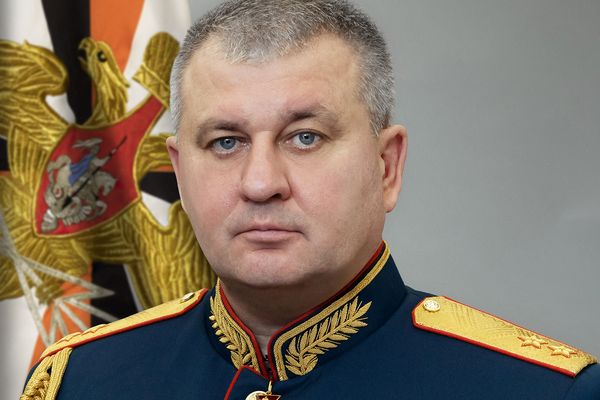
The family of a man who needlessly died after a 12-hour delay in surgery have called for changes at a troubled NHS trust as regulators expressed alarm about patient safety and waiting times.
The Care Quality Commission (CQC) upgraded the surgery department at the Royal Sussex county hospital in Brighton from “inadequate” to “requires improvement” at a time when it is at the centre of a police investigation into dozens of patient deaths, allegations of negligence and cover-up.
In Wednesday’s report, the regulator expressed concern about already long and lengthening waiting times, repeated cancelled operations and staff shortages that could compromise safety.
The inspection report comes as the Guardian can reveal the trust apologised and settled with the family of Ralph Sims, who died aged 65 after heart surgery in April 2019 when doctors failed to act appropriately to a drop in his blood pressure.
His family said the apology was hollow after it took months for the trust to admit liability.
Sims, who was a keen runner, suffered a drop in blood pressure and developed an irregular heart rhythm eight hours after surgery to replace an aortic valve at the hospital.
An internal investigation into Sims’ treatment acknowledged that hospital staff failed to “recognise the significance of the fall in blood pressure”.
University Hospitals Sussex NHS foundation trust, which runs the hospital, accepted that the father of three should have returned to surgery to identify the cause of his deterioration. Instead, medics decided that he should be observed overnight.
Due to another emergency case, an angiogram was not carried out on Sims until just before noon the following day – 12 hours after the drop in pressure. The delay caused irreversible – and avoidable – heart muscle damage, leading to his death five weeks later.
A statement from the family said: “The best thing the trust can now do is to ensure guidelines and protocols are followed. Staff didn’t contact the surgeon who had completed the surgery, send Ralph for an angiogram in time and didn’t seek the advice of the on-call consultant, who wasn’t even on site, but was 14 miles away in Worthing. The outcome could have been very different if these things had been done, as they should have.”
It added: “Whilst the trust has apologised to our family it feels hollow. Ralph’s death was entirely unnecessary, and despite the issues in his care, it took the trust several years to apologise.”
Thomas Riis-Bristow, a specialist medical negligence lawyer at Irwin Mitchell who acted for the family, said: “Worrying failings have been admitted by the trust. Every minute counts in cardiac surgery and, the longer reduced blood flow is left untreated, the more damage is caused to the cardiac muscle over time. Tragically, in Ralph’s case, had he received adequate care, his death would have been entirely avoidable.”
It is not known if Sims death is one of more than 40 hospital deaths being examined by Sussex police as part of Operation Bramber.
Neil Cox, CQC deputy director of operations in the south, warned the trust that enforcement action would be taken if it failed to improve quickly.
He said: “Whilst we found improvements in some areas, other issues remained. Leaders must address these issues at a much more urgent pace.”
“We found a wide disconnect in the relationship between staff and senior leaders and how they were working together. These issues were clearly having a knock-on effect on the quality of care being delivered to people using services.
“There were still reports of bullying and low staff morale as a result of not feeling listened to, although the trust was taking steps to support staff in speaking up.”
Last week bosses at the trust were criticised by the Royal College of Surgeons for “bullying” and fostering a “culture of fear” among staff.
George Findlay, University Hospitals Sussex trust chief executive said the CQC found signs of “ fundamental strengths”.
He said: “But the CQC also found too many things that we need to do better – from more consistent record-keeping to training, to managing pressures on overstretched staff, improving our culture, and in some of our hospitals, making colleagues feel more confident to speak up. We accept those challenges and we are working hard to put them right.”
The trust has yet to comment on the Sims settlement.






